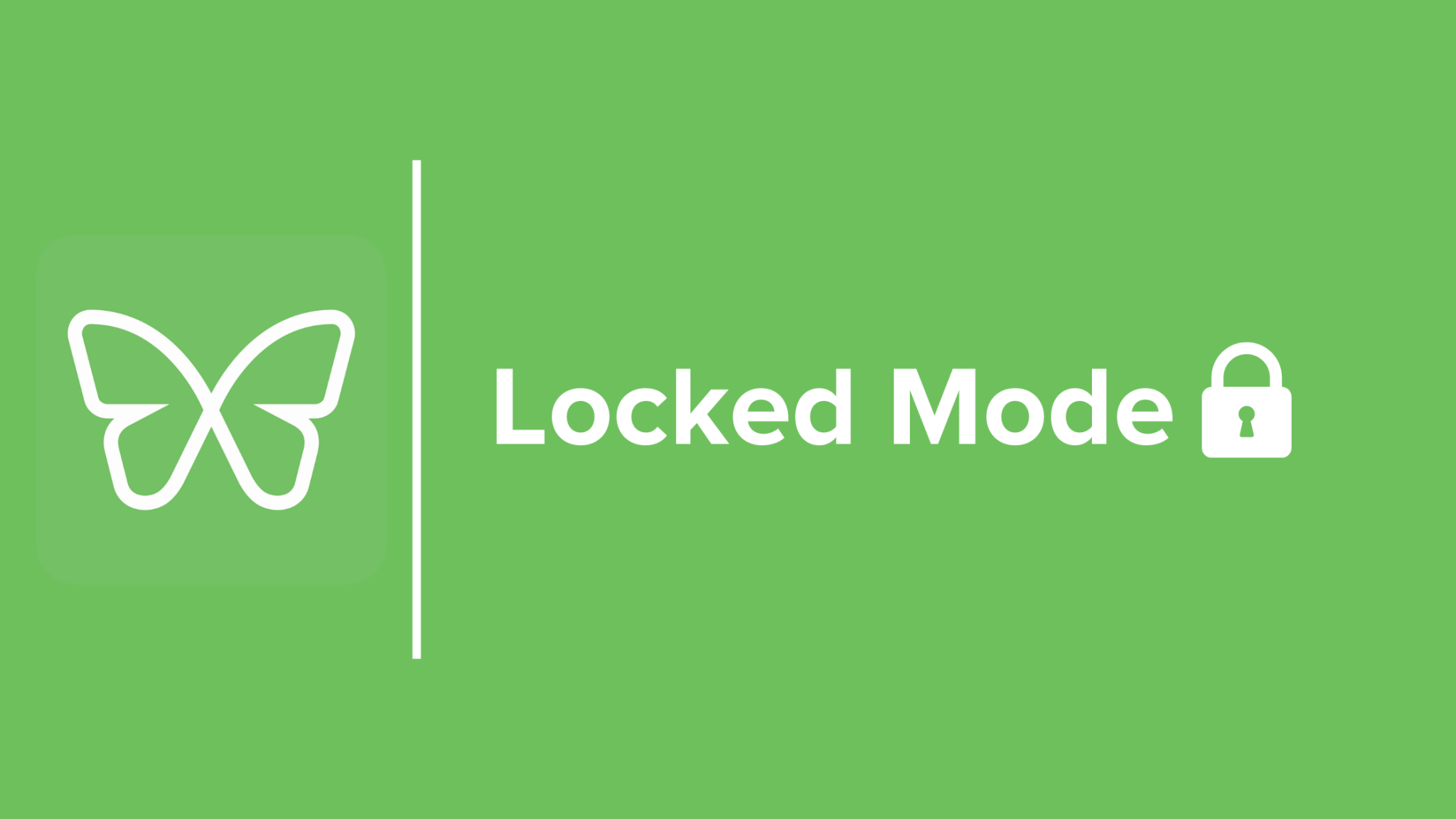Jake Knapp: How to “Make Time” for the Things That Matter – Every Day

Most of us have a daily routine, but for many of us our routine is reactive instead of planned. We respond to emails as they arrive, procrastinate the big things, and fall into the trap of constant busyness and distraction. Unfortunately, this means that too often we’re not making a conscious decision about what things get our time and attention.
That’s where Jake Knapp and John Zeratsky, authors of Make Time come in. As self-proclaimed Time Dorks, Jake and John, both designers in the tech industry, have spent many years obsessed with the concept of redesigning time to prioritize the things that matter. So this week we sat down with Jake to learn a little more about how we can design our days so that we focus on what matters most each and every day. (Did you miss Jake’s personal productivity spotlight? Check it out here.)
Make Time is a book about optimizing your energy, focus, and time – what led you to examine the subject and write a book about it?
I’ve been really interested in making good use of time since I became a dad and just became more aware of how quickly the days pass and how easy it is for time to go by in a blur. That was back in 2003, but many years later, in 2012, I got a second kick when I realized how often I was distracted by my iPhone when I was with my kids. I’d recently started my work on design sprints—which are fundamentally about designing time—and as it turned out, my colleague John Zeratsky was way into the topic as well. A few years and a zillion experiments later, here we are.
You previously authored the book Sprint, how did the concept of design sprints inform your writing about making time for what matters?
The experience of creating the design sprint was really unique. We were able to tweak the work day for teams and observe the results, over and over and over, with all kinds of teams, and we learned how to predictably make work more effective—and enjoyable! It taught us principles like choosing one focal point for the day and going offline to boost attention. And it gave us confidence that redesigning the day really works.
What piece of research regarding how we focus or spend our time have you found most astounding?
I love Gloria Mark’s study about how it takes 23 minutes and 15 seconds to get back on task after being interrupted. It’s an astonishing amount of time—and okay, obviously, every environment and every person and every task is different—but I think we all know that’s basically true for us. Every time I hear someone talking about it, they’re like “Oh yeah, totally.”
What is a good first step for anyone who wants to intentionally make more time for the things that matter most to them?
You have to start by deciding what matters most! That’s a big part of the Make Time philosophy: the way to change behavior is not for everyone to feel guilty about checking email or browsing Facebook. Instead, we need something we care about more than those distractions. Of course, that’s just the start—we still need tools and tactics to put our plans into action each day—but it is a very strong start.
That’s a big part of the Make Time philosophy: the way to change behavior is not for everyone to feel guilty about checking email or browsing Facebook. Instead, we need something we care about more than those distractions.
In “Make Time,” there’s a quote that says: “You only waste time when you’re not intentional about it.” Can you expand on what this means to you.
Actually John wrote this particular line, so I can’t take credit for it (it’s a really nice phrase!) but I wholeheartedly agree.
Here’s the idea: Let’s say somebody is playing a video game, which is maybe stereotyped as a time wasting activity. So, are they wasting time? Well, that depends. If they were just sitting in their living room and picked up the game out of habit without thinking about, then, yeah, they might be wasting time. In that case they might be reacting to a default—the game is fun, it’s right there, it’s a very easy path to a dopamine hit. But if that person has decided what’s most important to them today, and they’ve intentionally decided “I could really use a recharging break, so playing video games is a good use of my time” then it’s not a waste.
And this isn’t just about taking a break, although that could be a great reason, but there might be other intentional reasons you’d decide to play a video game, and as long as you’re making a decision—knowing what matters most to you, weighing the time and choosing to spend it—then it’s not a waste.
What other tools or resources can you recommend for spending your time intentionally?
I love Freedom, and I’m not just saying that because this is on the Freedom blog! I use it pretty much every day, and if you read one of my books or blog posts, you’re probably reading words written while a Freedom session was active, because even though I talk tough about the defaults I still love all that stuff and have very little self control. Meditation is sort of a cliche these days, but it does change the way we think about time and intention, and the guided meditation apps like Headspace and Oak make it super easy to do even if you’re one of those people who only have a few minutes every so often, which I think is everybody. And I find the Time Timer to be super useful as well, it makes time visible so it always helps me get into the zone when I want to focus.
What is one small shift that you have made about the way you spend your time that had the largest impact on your quality of life?
For me it was deleting apps on my phone—Gmail, Instagram, Twitter, Facebook, even disabling Twitter. It had a huge and immediate positive effect on my attention, but it also woke me up to how many “defaults” I was following. Having a smartphone is the default, being reachable all the time is the default, responding immediately is the default, checking up on social media when we’re bored for an instant is the default, constant wifi access is the default, streaming our favorite shows is the default. When I started changing my defaults to “off” I found that a lot of time and attention became available.
Make Time is set to be realized September 25. You can pre-order your copy here or be sure to enter this month’s newsletter book giveaway for a chance to win a copy of Make Time.
To learn more about Jake or any of his other work – visit his site at jakeknapp.com



